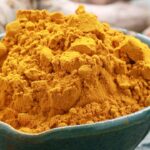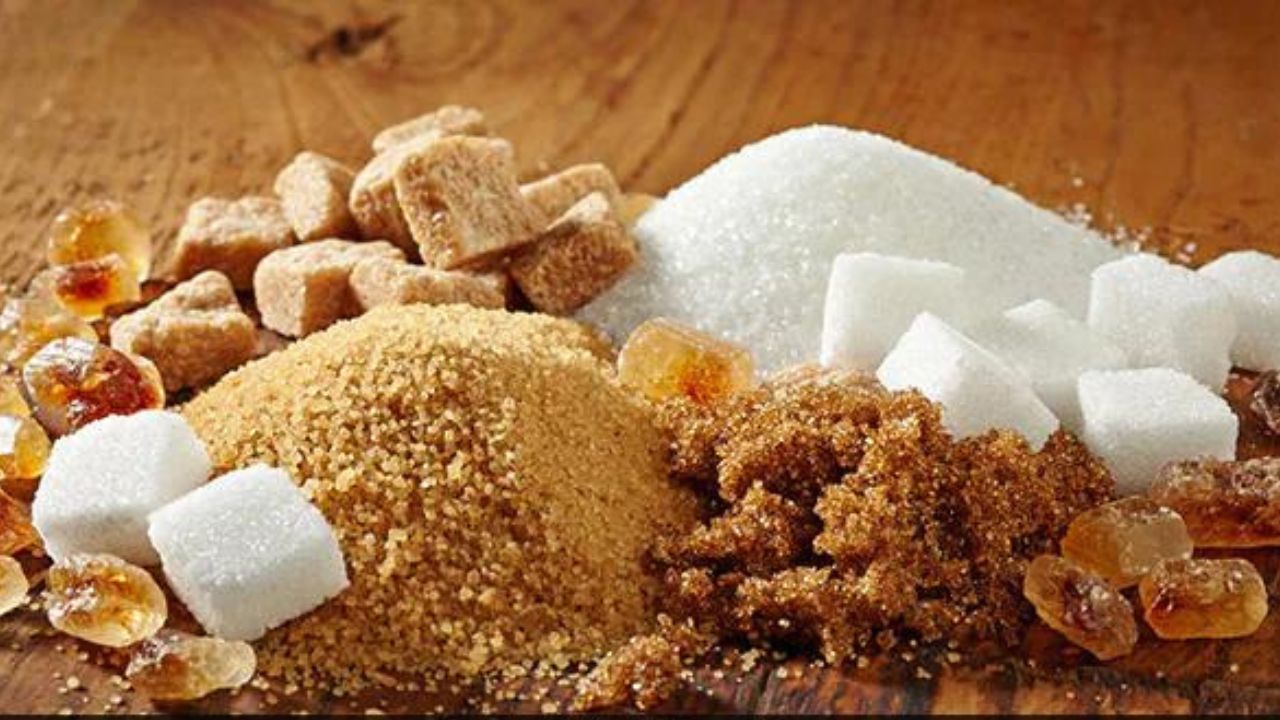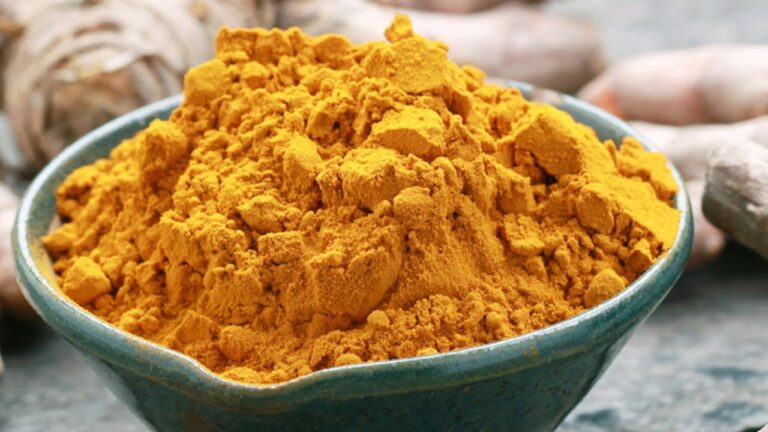It’s common knowledge that white sugar can sabotage your weight loss goals like nothing else and those of us with a sweet tooth look for better or healthier alternatives to sweeten things up. From chai, coffee, to even fruit juices, we want something “meetha” to get that sugar rush, and since “white sugar” has been declared the villain, “brown sugar” has been pushed forward as a better alternative. But is brown sugar better than white sugar for weight loss? Let’s find out:
But let’s start with why Sugar acts as a roadblock in your weight loss journey:
- Sugar Raises Blood Sugar Sharply and Triggers Insulin Release: When we consume sugar, it leads to a rapid increase in our blood sugar level. This, in turn, triggers a strong response from our body’s insulin hormone. Insulin not only helps regulate blood sugar, but it also plays a role in storing excess glucose as fat by instructing our muscle and fat cells to convert it and keep it stored for later. Ideally, it is best to avoid anything that causes a sudden rise in insulin levels, and sugar falls into that category.
- The Sugar-Dopamine Dance: Every time you savour that sugary bite, your brain showers you with rewards. This treat comes in the form of dopamine, the ‘feel-good’ hormone. So, the more you indulge in those sweet pleasures, the more dopamine flows, leading to stronger cravings during your next sugary urge. It’s a loop, and not necessarily a fun one!
- Sugar’s Deceptive Games: Indulging in a sugar-laden meal prompts your pancreas to unleash insulin, ensuring your blood sugar remains in check. However, once this sugar-high plummets, thanks to insulin’s diligent work, you’re left in an energy abyss, and an overwhelming hunger soon follows. Consuming more sugar means being trapped in this cycle of hunger pangs more often. Balance is the key! Incorporate fibre, protein, healthy fats, vitamins, and minerals to dodge these erratic blood sugar spikes.
- The Bloating Aftermath: Here’s a sweet secret – the unsavoury bacteria in your gut are sugar aficionados! When you overload on sugar, these bacteria have a feast, leading to unwanted side effects like gas and bloating. Want to feel lighter and less bloated? It might be time to cut back on the sweet treats.
- The Caloric Void: Sugar, while tantalising to the taste buds, is notorious for its empty calories. These are calories that bring zero nutritional value to the table. Consumed in excess, these empty energy sources get converted into fat, neatly tucked away under your skin and around vital organs.
- Insulin Resistance: A Slippery Slope: One of sugar’s less sweet outcomes is inducing insulin resistance in regular consumers. This means that over time, your body’s cells begin to ignore insulin’s efforts, prompting the pancreas to produce even more insulin. Recall the insulin-fat storage connection? This vicious cycle makes weight loss a daunting challenge.
- Sugar: A Temptress Hard to Resist: Recent research paints sugar in the same light as drugs like heroin and cocaine. The reason? Its ability to stimulate the release of dopamine. This, in turn, fuels the continuous search for that sugar rush, paving the way for a genuine sugar addiction.
White Sugar vs. Brown Sugar: Which One Tips the Scale in Weight Loss?
Brown sugar stands out from its white counterpart primarily due to the presence of molasses. This thick, dark syrup gives brown sugar its signature hue and rich, caramel-like flavour. Originating as a byproduct during the sugar refining process, molasses arises when sugarcane or sugar beet juice undergoes boiling to crystallise sugar, leaving behind this dense syrup. While molasses houses non-crystallized sugars, it also encapsulates traces of water, minerals, and vitamins. Meanwhile, white sugar undergoes further processing to strip away molasses, resulting in pure sucrose.
Let’s delve into the implications of choosing between the two when weight loss is the aim:
A Nutritional Perspective: Brown sugar may boast a tad more vitamins and minerals than its white sibling. However, the nutritional edge it has is almost negligible, especially when weight loss is the goal.
Glycemic Index Insight: The glycemic index (GI) for brown sugar sits at 64, while white sugar follows closely at 65. The difference between the two, in terms of how they affect blood glucose levels post consumption, is virtually indistinguishable. Remember, for weight loss aspirations, opting for foods with a GI of 55 or below is prudent. These foods are digested and absorbed more leisurely, leading to a more gradual blood glucose escalation.
Calorie Count: The calorie showdown between brown and white sugar is almost a draw – with brown sugar containing 380 calories per 100 gm and white sugar at 385 calories per 100 gm. Regardless of colour, it’s essential to keep a vigilant eye on sugar intake.
Nutritional Advantages (or Lack Thereof): While brown sugar might seem enriched with trace elements like calcium, iron, magnesium, selenium, manganese, and potassium, the overarching caloric content undermines these minor perks.
In conclusion, the narrative that paints brown sugar as a healthier alternative to white sugar doesn’t hold up under scrutiny. Both share similar health ramifications, spanning from obesity and type 2 diabetes to cardiovascular ailments. The negligible differences in nutritional values and calories between them mean that replacing white sugar with brown offers no tangible advantages in weight loss efforts.
























+ There are no comments
Add yours